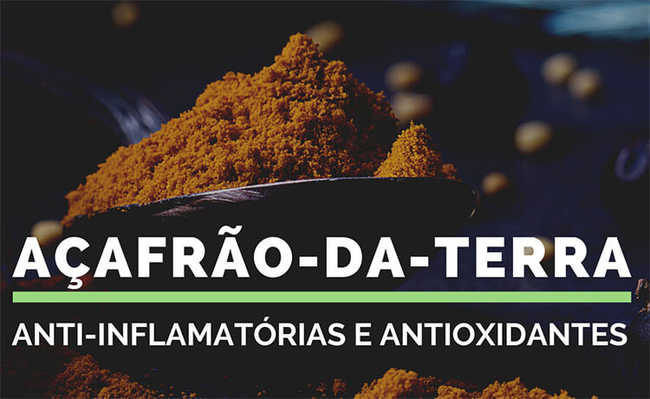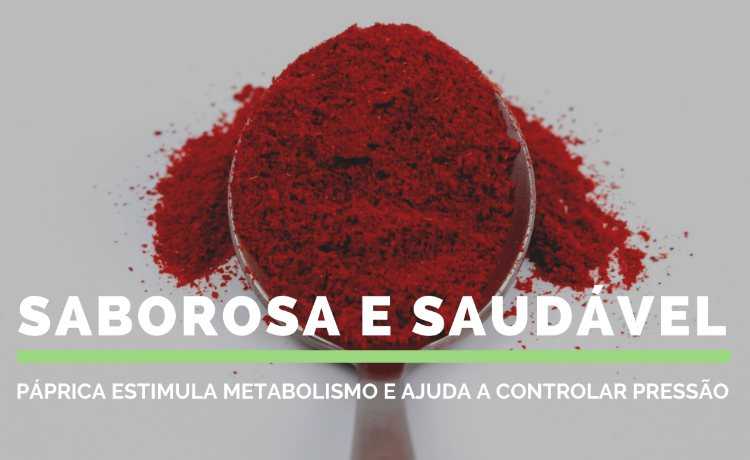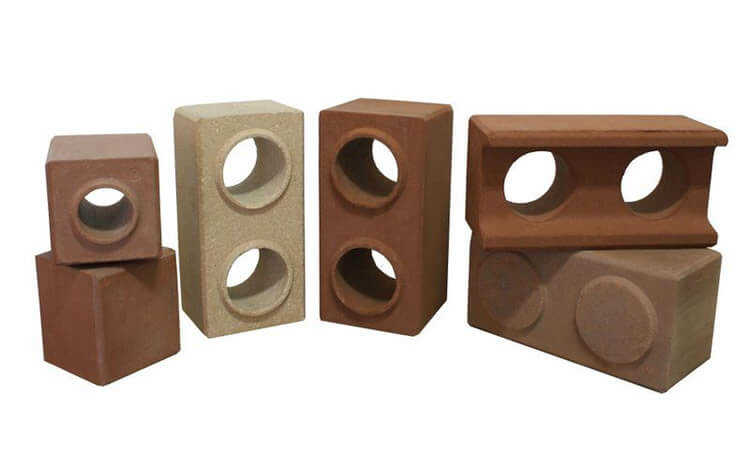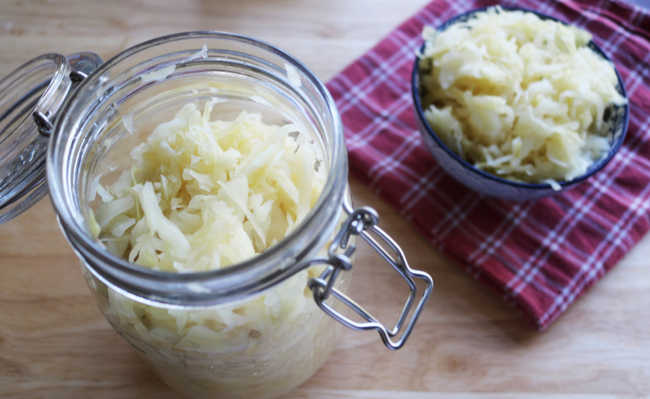Collagen: understand what it is for, benefits and if it harms
Collagen is known as a beautifying supplement, but does it really work?

Humphrey Muleba image in Unsplash
Collagen is the most abundant protein in the animal kingdom, including the human body. Due to its importance in maintaining health, there are many collagen powder creams and supplements that promise to do good for your health. But is this type of collagen really good? To better understand this topic, what collagen is, what collagen is used for, what foods are rich in collagen, what are the benefits of collagen and how to take collagen, read on:
What is collagen for
There are more than 16 types of collagen, but 80 to 90% of the collagen present in the body is composed of types I, II and III. Type I collagen is present in the skin, tendons, bones, ligaments, teeth and interstitial tissues. Type II collagen is present in cartilage and in the vitreous humor (an important part of the eye). Type III collagen is present in the skin, muscles and blood vessels. These are just three of the 16 types of collagen and so you can get an idea of what it is for: keeping us alive!
In short, collagen is present throughout the body and is an essential protein for the maintenance of life. However, collagen's greatest fame is in relation to beauty, since it helps to maintain skin elasticity, strengthening nails and hair.
How to get collagen
To obtain collagen it is not necessary to take collagen powder supplements or collagen-based creams, as it forms naturally in the body through proper nutrition.Foods that Stimulate Collagen Production

HomeMaker image by Pixabay
All collagen is produced from the combination of two amino acids: glycine and proline. But for this production to happen, the body also needs vitamin C. So the key to producing collagen naturally is to consume foods rich in these substances.
To get vitamin C, you can consume citrus fruits like lemons, oranges, kiwis, peppers, strawberries, among others.
To obtain proline, it is important to consume foods such as beans, peas, mushrooms, garlic, red onion, beets, eggplant, carrots, cashews, Brazil nuts, almonds, peanuts, walnuts, cabbage, hazelnuts, among others.
Glycine is very present in foods such as lentils, chickpeas, amaranth, brown rice, quinoa, kale, broccoli, soy, pumpkin seeds, seaweed, among others.
- Foods rich in vitamin C
- The Best Foods to Increase Collagen Production
Foods that harm collagen production

jakob5200 image by Pixabay
To maintain good collagen production, it is not enough to consume healthy foods. It is necessary to avoid the consumption of foods and other substances that are harmful to the health of the body, such as drugs, including excessive medication, alcohol, cigarettes, among others.
Among the foods that affect the natural production of collagen are, mainly, sugar and refined carbohydrates such as white rice, cakes, pies, pizza, processed meats and foods fast food. Discover "Six Natural Sweetener Options without Synthetic Sweetener".
Too much sun on the skin also prevents collagen production. So it's good to avoid getting too much sun. But don't forget, a little bit is always good (because of vitamin D production).
Some autoimmune disorders, such as lupus, can also damage collagen.
Hydrolyzed collagen

Steve Buissinne image by Pixabay
Hydrolyzed collagen is a collagen supplement found in powder or capsule form. It is made from the remains of bone and bovine cartilage.
With a healthy lifestyle, free from cigarettes, excessive alcohol and other harmful substances to the body, it is possible to produce collagen naturally. However, some people choose to consume collagen supplement.
The issue is that ingesting powdered collagen as a way to obtain its benefits is controversial, since when we eat protein (as in the case of collagen) it is broken down into amino acids that will be metabolized, thus de-characterizing the collagen itself.
On the other hand, there are studies that claim that the consumption of collagen supplement has benefits such as:
- Increased Muscle Mass: A 2015 study of elderly men showed that a combination of collagen peptide supplements and strength training increased muscle mass and strength more than a placebo test.
- Arthritis: Another study showed that people with osteoarthritis who took a collagen supplement had a significant decline in pain over a 70-day period compared to those who took a placebo supplement.
- Skin Elasticity: Women who took collagen supplements showed improvements in skin elasticity.
Collagen from creams, on the other hand, has been shown to be ineffective. Scientists say collagen cream does not work because the molecules in the formulas are so large that they cannot penetrate the skin.
Collagen is bad?
So far, it is not known whether the consumption of collagen supplement is harmful. However, it can cause side effects such as heaviness, heartburn and allergic reactions.










